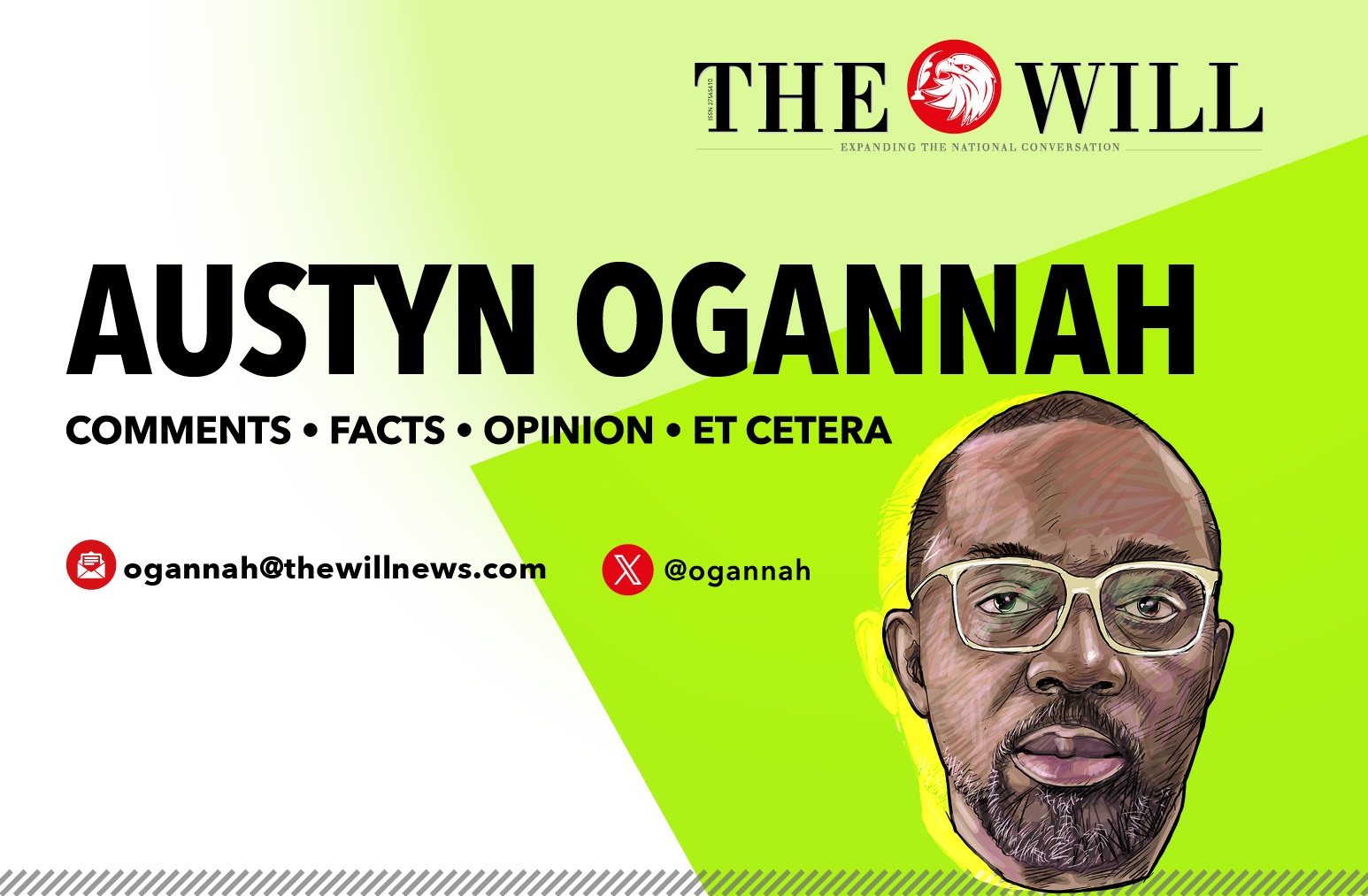November 24, (THEWILL) – At least 65.8 per cent of Nigerian households were unable to eat healthy, nutritious or preferred foods in the past 30 days due to lack of money.
This is based on the General Household Survey-Panel Wave 5 (2023/2024), a new report from the National Bureau of Statistics (NBS).
The report, supported by the World Bank, further shows that 63.8 per cent of households relied on a limited variety of foods, while 62.4 per cent expressed worry about having insufficient food to eat.
Also, 60.5 per cent of households said they consumed less food than they should, with 12.3 per cent reporting that at least one member went a full day without eating. A notable 20.8 per cent of households had to borrow food or seek assistance from friends and relatives to survive.
The report read: “Approximately two out of three households (65.8 per cent) reported being unable to eat healthy, nutritious or preferred foods because of lack of money in the last 30 days. 63.8 per cent of households ate only a few kinds of food due to lack of money, 62.4 per cent were worried about not having enough food to eat and 60.5 per cent ate less than they thought they should.
“Furthermore, 12.3 per cent reported that at least one person in the household went without eating for a whole day, and 20.8 per cent of households had to borrow food or rely on help from friends or relatives.”
Geographic disparities were evident, with households in Nigeria’s southern zones reporting higher levels of food insecurity than those in the northern regions.
In the South-South zone, for instance, over 60 per cent of households admitted to skipping meals due to financial difficulties, compared to fewer cases in the North Central zone.
The report also highlighted the disproportionate burden on female-headed households.
A staggering 72.2 per cent of female-led households were unable to afford healthy meals, compared to 64 per cent of male-led households.
The gap was even more pronounced in cases where households completely ran out of food, with 55.2 per cent of female-headed households affected versus 41.3 per cent of male-headed ones.
The data also revealed a significant rise in food insecurity compared to 2018/2019. The proportion of households worried about food due to financial challenges has nearly doubled, climbing from 36.9 per cent in Wave 4 to 62.4 per cent in Wave 5.
The North Central zone experienced the largest increase, where households expressing food-related concerns tripled from 16.2 per cent to 44.9 per cent. Meanwhile, the South West zone saw a smaller increase, from 46.7 per cent to 61.7 per cent.
Also, 37 per cent of households reported experiencing food shortages in the past 12 months. Among these, 61.6 per cent faced shortages during specific months, particularly June, July and August, which were identified as the most difficult periods.
The North-East zone recorded the highest food shortages at 53 per cent, while the North-Central zone had the lowest incidence at 25.7 per cent.
Nigeria has been battling with a high rate of food inflation of over the years.
Investigation revealed that food inflation skyrocketed from 24.82 percent in May 2023, to the peak of 40.87 percent in July 2024 before decelerating to 39.16 percent in October 2024.
The United Nations Food and Agriculture Organization (FAO) and the World Food Programme (WPF) recently published the “Hunger Hotspots” report, which highlights the devastating impact of conflict, climate change, and economic instability on food security across the world, with Nigeria among the possibly worst hit in Africa.
The worrying rise in food inflation mirrors the impact on agriculture and, by extension agribusiness, which witnessed a receding trend during the period. The agriculture sector in Nigeria’s 2024 Q2 GDP dropped to 1.41 percent in real terms from 1.50 percent in the same quarter of 2023.
The trend has added to the woes of MSMEs which derive their continued operation from a viable agribusiness value chain across the sectors.
According to Abdulrasid Yarima, president/chairman of the governing council of the Nigerian Association of Small and Medium Enterprises (NASME), about 10 percent of the 40 million MSMEs in the country have shut down since the subsidy removal.
In a statement late last year, Yarima said, “It’s been very tough for our members as we are managing to survive. Some of them are closing shops while others are looking for new business opportunities.”

 3 hours ago
2
3 hours ago
2
















